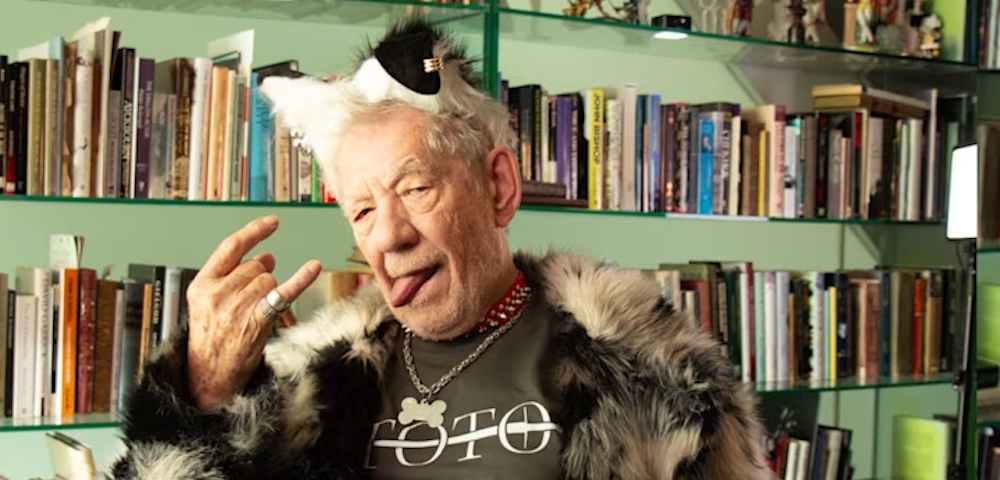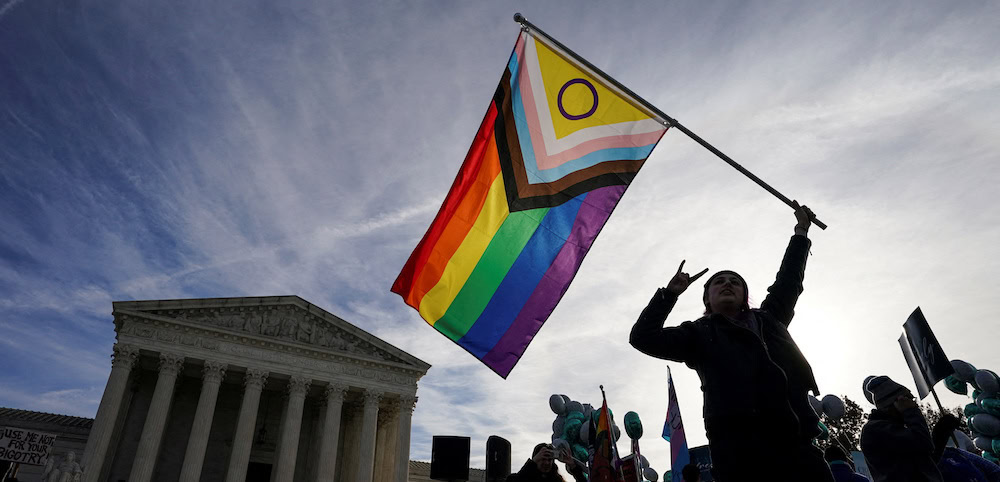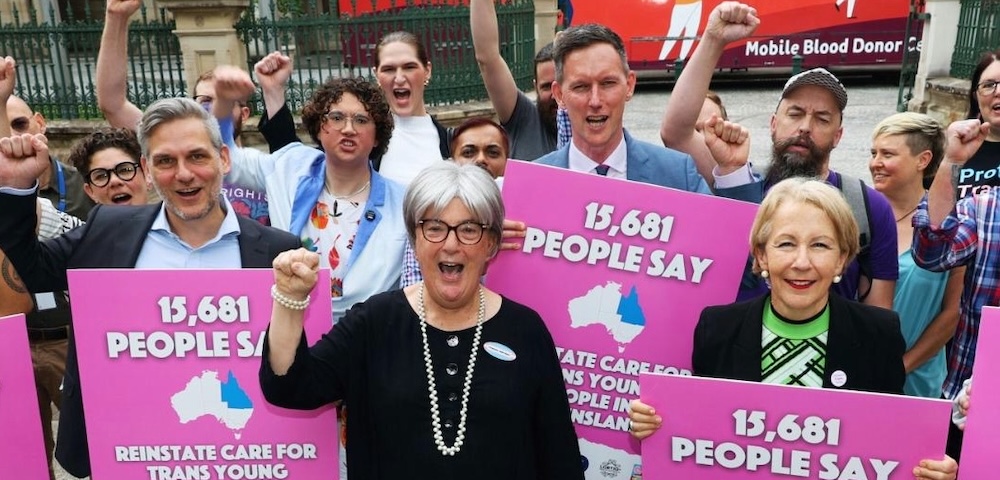
The next frontier in acceptance
While the battle for same-sex marriage has dominated the news this year, another battle is taking place inside workplaces: the fight for recognition of diversity.
At the Pride in Practice Workplace Conference in Sydney last week, LGBTI friendly employers, human resources managers and diversity officers came together to share experiences and discuss strategies for making employers attractive to the LGBTI community.
The conference is run by Pride in Diversity, which began two years ago and runs a national benchmarking index across Australian organisations in terms of how inclusive they are, which is called the Australian Workplace Equality Index.
Pride in Diversity program director Dawn Hough said it was no longer enough for employers to simply say they supported diversity but to actually embrace it in their culture.
“It’s not only those people who identify in those groups like LGBTI, it’s mothers, brothers, sisters, aunts, friends who actually have seen what their loved ones have gone through, and I think it’s an opportunity to say ‘I want to go work for an organisation that is inclusive and openly and visibly an publicly inclusive’,” Hough said.
She said the conference meant companies could help each other improve workplace equality.
“It not only gives people an opportunity to network and meet others but it’s a sharing of ideas and best practice,” she said.
“It gives people an opportunity to raise questions or say ‘I see roadblocks here’ and counter that, and it really gives people who have LGBTI inclusion as part of their remit an opportunity to see what other organisations are doing.”
The Australian Workplace Equality Index is used to calculate the best employers for workplace inclusion and diversity, with last week’s conference an opportunity for the top ten companies listed to showcase their inclusive practices.
The top ten includes companies like IBM, Lend Lease and the Australian Federal Police.
Among the methods to improve diversity by companies is the reverse mentoring program, where an “out” employee is partnered up with a senior executive. The idea is that through this unorthodox partnership the executive will gain a better insight into the importance of LGBTI inclusion in the workplace.
Hough said IBM was one of the first organisations to start the reverse mentoring program.
“Several of the members have now started doing that as well and if they do this across a whole number of diverse groups that’s really good because organisations value diversity and you don’t have to talk up the business case for diversity anymore,” Hough said.
Other panel discussion topics and speeches at the conference included maintaining a socially inclusive workforce, why so many corporate people remained in the closet, gay employee networks and how embracing concepts like LGBTI pride improves a workplace for all employees.
Nominations are now open for 2013 for the top ten employers in the Australian Workplace Equality Index.
INFO: prideindiversity.com.au/awei









